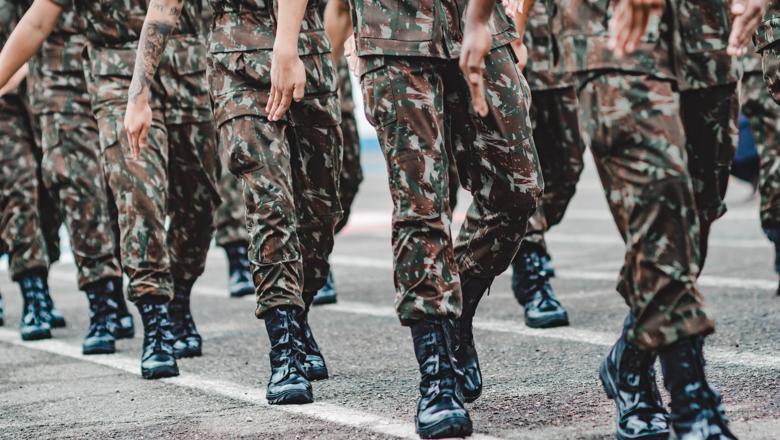A new report from the King’s Centre for Military Health Research (KCMHR) has shed light on the experiences of UK Armed Forces personnel who were medically discharged after sustaining serious injuries during deployments to Afghanistan.
The research, funded by Forces in Mind Trust and the ADVANCE study charity, involved 435 veterans and included 28 in-depth interviews. It revealed widespread dissatisfaction with the discharge process, including a lack of collaboration from the military, poor communication between medical services, and a shortage of tailored career advice for those living with the aftermath of combat injuries.
Professor Nicola Fear CBE, Director of KCMHR and the report’s senior author, said:
“To serve in the military is, for many personnel, an important aspect of their identity. Combat injury and medical discharge can represent an unexpected end to that identity and can have a lasting impact on a person. It’s vital therefore that personnel who face medical discharge are provided with the necessary support to ease that transition wherever and whenever possible.”
The report found that those medically discharged were less likely to be employed after service, despite being eligible for higher levels of support. It highlights the need for more structured and timely interventions, particularly in the areas of financial advice, personalised career guidance, and post-service medical care.
Among the 10 recommendations put forward are calls for:
- Greater involvement of personnel in the medical discharge process to give them a sense of agency.
- Early and ongoing career support that accounts for physical limitations.
- Improved communication between military and civilian medical services.
- Robust financial advice around compensation payments.
Minister for Veterans and People, Al Carns MP, acknowledged the findings and said:
“While services for veterans have expanded and improved since this data was collected, this important research highlights the challenges that some personnel who are medically discharged can face.”
He pointed to current support programmes including Op COURAGE and Op RESTORE for mental and physical health, the Defence Transition Service, and the Career Transition Partnership as part of the government’s efforts to address these needs.
Dr Howard Burdett, one of the study’s lead authors, noted the importance of evidence-based recommendations to improve outcomes for those who leave due to injury. His co-author, Anna Verey, added that injured personnel often have to rapidly reinvent their professional lives and should be given support as early as possible during their rehabilitation.
Michelle Alston, CEO of Forces in Mind Trust, said:
“Being medically discharged can make transition sudden and especially disruptive. Understanding and adapting support for those injured in Service can make transition successful for those who face some of the steepest challenges.”
